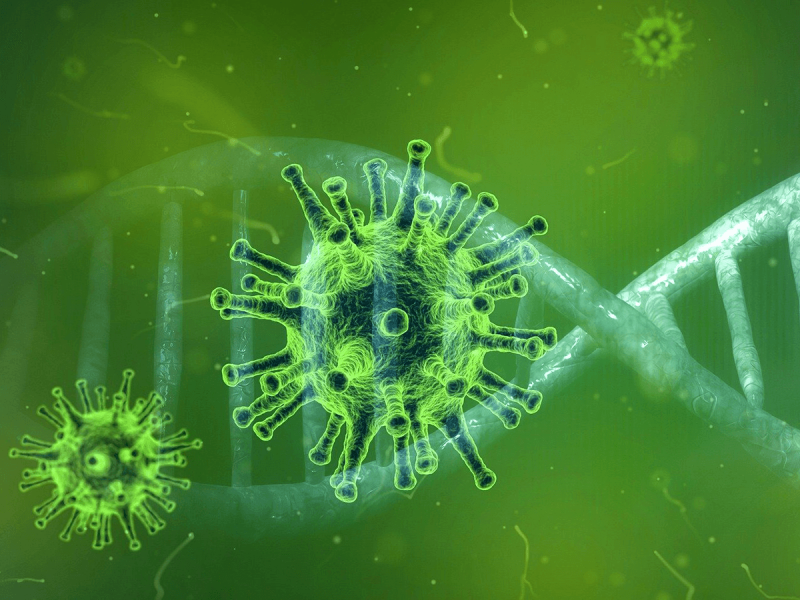Thousands of UK patients who have fallen ill with coronavirus will have their genomes read in a major study to understand how a person’s DNA affects their susceptibility to the infection.
The nationwide effort aims to collect DNA samples from up to 20,000 Covid-19 patients currently or previously in intensive care units, along with 15,000 more from patients who had mild or moderate symptoms.
Doctors hope that analysing their DNA will reveal genetic variations that affect the course of the infection in different people, and potentially point to specific drugs that patients might benefit from.
Nearly 2,000 Covid-19 patients have already donated DNA for the £28m study, run by Edinburgh University and multiple NHS hospitals. The work is backed by the UK government, Genomics England and the Genetics of Mortality in Critical Care consortium of researchers.
…
Doctors will also be keen to see whether genes play a role in a rare, but serious, inflammatory response that appears to be triggered by coronavirus and has left dozens of children needing intensive care.
Last month, at least six countries reported cases of children becoming seriously ill with a condition that resembles a mix of toxic shock and an inflammatory disorder known as Kawasaki disease, which can lead to inflammation of the heart.































